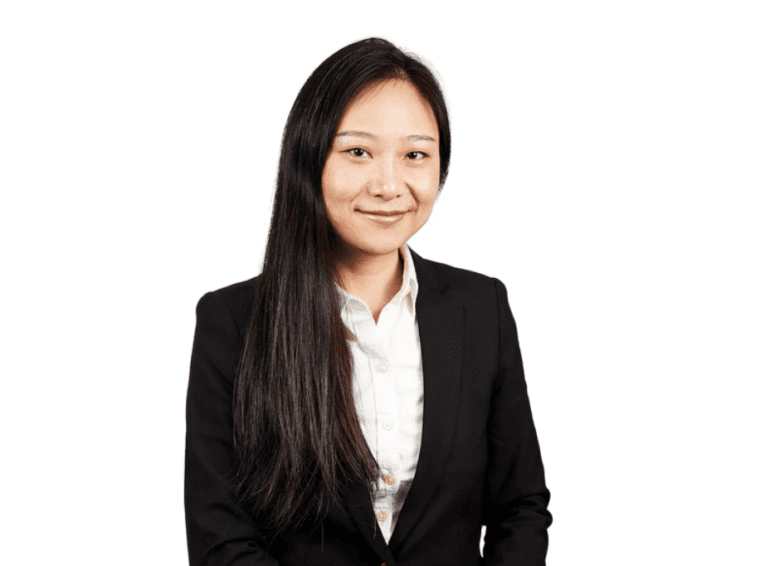TL;DR:
- Vancouver-based family lawyer, Chong Ke, is under investigation by the Law Society of BC.
- Allegations claim she used AI to submit fictitious case law during a B.C. Supreme Court trial.
- The Law Society recognizes AI’s potential benefits but emphasizes defined boundaries in its usage.
- Chong Ke’s qualifications include degrees from renowned institutions, yet she remains silent on the investigation.
- The Law Society’s code of conduct obliges B.C. lawyers to maintain competence in their legal services.
- Various courts in Canada and certain U.S. states mandate disclosure of AI use in legal submissions.
- AI is increasingly employed in legal research and prediction of case outcomes, as per legal consultant David J. Bilinsky.
Main AI News:
In a recent development, a Vancouver-based family lawyer is currently under investigation by the Law Society of BC. Chong Ke of Westside Family Law is alleged to have employed artificial intelligence (AI) technology in submitting case law that doesn’t exist during a B.C. Supreme Court trial. This intriguing case highlights the evolving intersection of AI and the legal profession.
The Law Society of BC has initiated an inquiry into Chong Ke’s conduct, scrutinizing whether she breached any rules during her actions. It’s worth noting that the use of AI tools in the legal field is not prohibited, but there are clearly defined boundaries in place.
While recognizing the potential advantages of integrating AI into legal services, the Law Society has provided guidelines for lawyers regarding the appropriate use of AI in their practice. They expect lawyers to adhere to the standards of conduct expected from competent legal professionals when utilizing AI to serve their clients.
Chong Ke, according to her online profile, holds a J.D. from the University of B.C. and the University of Ottawa. She has also earned LL.B. and LL.M. degrees from prestigious law schools in China and a PhD from the University of Victoria Faculty of Law. Her profile further asserts that she successfully passed the competitive bar examination in China. However, despite these qualifications, Chong Ke has remained silent regarding the ongoing investigation when approached for comment by Glacier Media.
The heart of the matter lies in the Law Society’s code of conduct, which mandates B.C. lawyers to deliver all legal services with the competence expected of professionals in the field. To ensure compliance, the society directs lawyers to the specific court in which they practice.
Interestingly, various courts across Canada and certain U.S. states require lawyers to disclose their use of generative AI in preparing legal submissions. Some courts go even further, demanding not only disclosure but also a detailed account of how generative AI was employed. Therefore, lawyers considering the use of generative AI in their practice must verify the extent of attribution required by consulting the relevant court, tribunal, or decision-making authority.
While the B.C. Supreme Court currently lacks a practice direction on AI, other jurisdictions such as Manitoba and Yukon have issued such directives, as reported by Bennett Jones law firm in July 2023.
Legal consultant David J. Bilinsky, in collaboration with the Canadian Bar Association – BC Branch, emphasized in August 2022 that AI is becoming increasingly prevalent in legal research and analysis. Lawyers are now using AI to assess potential legal arguments and evaluate case strengths by leveraging AI prediction technologies to anticipate litigation outcomes. Furthermore, legal analytics software can scrutinize a judge’s historical rulings, win/loss rates, and other data to identify trends and patterns in case law, facilitating the prediction of potential case outcomes.
AI also plays a pivotal role in scrutinizing a client’s legal position, identifying logical inconsistencies, evidentiary gaps, and weaknesses in arguments. Once identified, lawyers can assess risks and explore the possibility of additional documents, witnesses, or other resources to bolster their client’s legal position, ultimately enhancing the quality of legal services.
This case raises important questions about the ethical and practical implications of AI integration in the legal profession, and it will undoubtedly continue to spark discussions within the legal community and beyond.
Conclusion:
This case underscores the growing role of AI in the legal profession. While its potential benefits are acknowledged, the investigation into Chong Ke’s alleged misuse of AI highlights the need for clear guidelines and ethical considerations in its integration. For the legal market, this signifies an evolving landscape where AI can enhance efficiency but also raises questions about accountability and adherence to professional standards. Legal professionals should stay informed about AI’s evolving role and ethical implications to navigate this changing market effectively.

